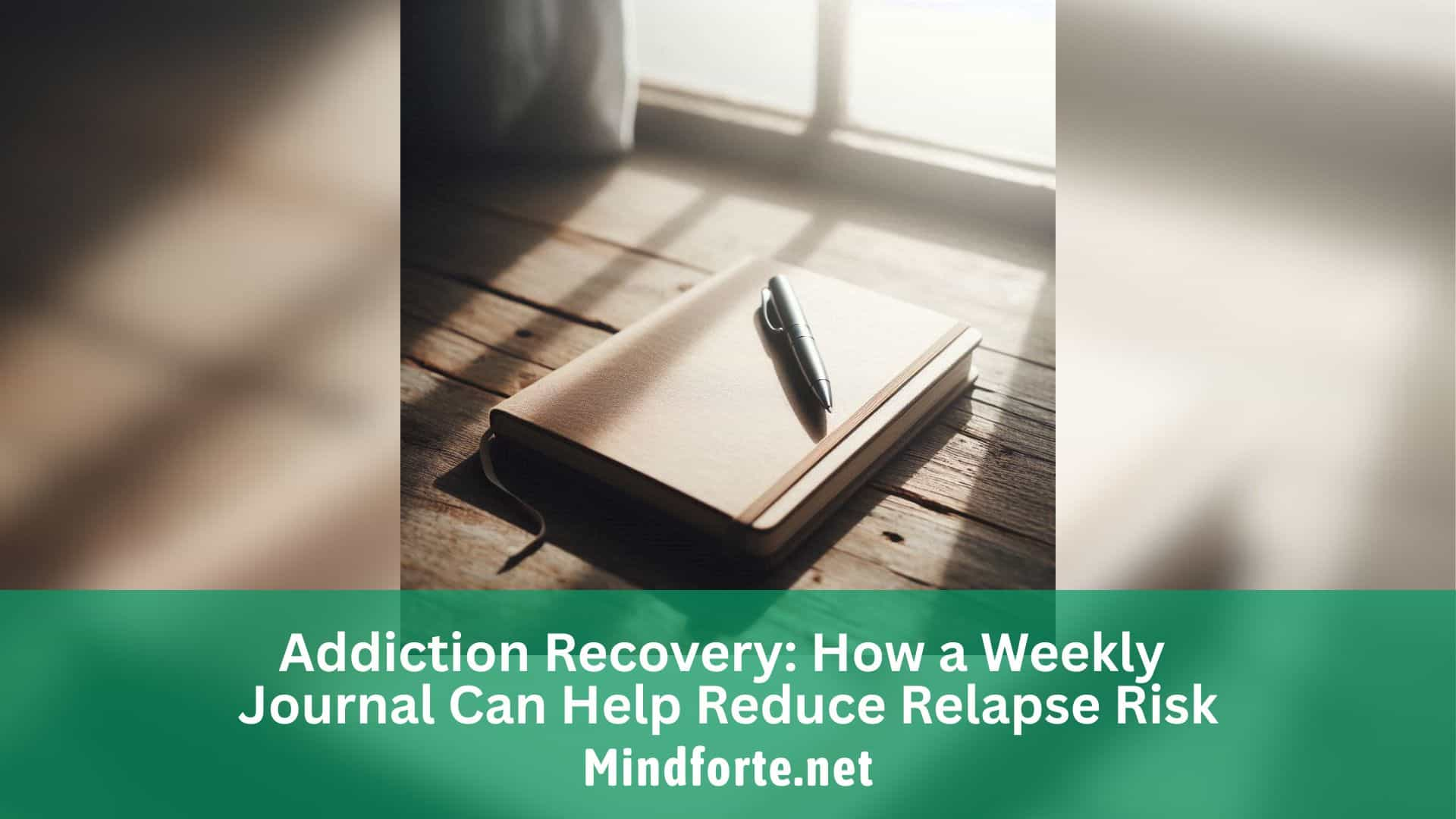You’ve built months – maybe years – of sobriety. Yet today feels shaky.
One thought, one stress, one trigger… and suddenly your old friend whispers from the corner.
It’s familiar, seductive, and scarier than ever.
Recovery isn’t just avoiding substances.
It’s learning to change how you think, what you feel, and how you act – daily.
And that requires mindset shifts strong enough to carry you through temptation, setbacks, and growth.
Let me share four powerful shifts that hold the line, so relapse doesn’t.

Table of Contents
- Why Mindset Matters More Than Willpower
- 1. From “I can’t” to “I’m learning and growing”
- 2. From “I’ve failed” to “This is feedback, not a final draft”
- 3. From Isolation to Connection
- 4. From Rigid Rules to Flexible Healing
- When to Ask: “Do I Need Therapy?”
- Practical Integration + Key Benefits
- Which Shift Speaks to You Most?
- You Are Not Defined by a Slip
Why Mindset Matters More Than Willpower
Statistics show most relapses happen not because someone wanted to return to use – but because their mindset cracked.
Without internal tools to reinterpret hard moments as growth, not failure, strong cravings can hijack determination.
Imagine two people: both sober for six months.
One hits a rough patch and thinks, “I failed.” The other thinks, “This is hard – what can I learn?”
Which one keeps going? Which one stumbles?
Let’s dive deeper:
1. From “I can’t” to “I’m learning and growing”
Instead of “I’m broken,” recovery-minded people remind themselves, “I’m learning each day.” This shift opens curiosity and compassion.
Why it matters:
Thinking “I can’t” shuts down effort. “I’m learning” invites curiosity – and that softens fear and shame.
How to practice:
- Journal one “learning” per day (“Today I noticed my fatigue triggers stress”).
- Put that reminder on your wall.
2. From “I’ve failed” to “This is feedback, not a final draft”
A slip isn’t a failure. It’s a signal—what you don’t know yet.
Why it matters:
Failure shame calls for hiding. Feedback curiosity calls for analyzing and adjusting.
How to practice:
- Use “What did this teach me?” instead of “Why did I do that?”
- Keep a “recovery insights” log.
3. From Isolation to Connection
Addiction thrives in secrecy. Healing grows in community.
Why it matters:
Loneliness triggers relapse. Connection – even one person who truly hears you – can change everything.
How to practice:
- Join a recovery group or therapy.
- Schedule weekly check-ins with a friend.
4. From Rigid Rules to Flexible Healing
Recovery isn’t about strict do’s and don’ts – it’s about finding what works for you.
Why it matters:
Rigid rules break under pressure. Flexible healing adapts and grows.
How to practice:
- Replace “I must never” with “I choose what supports me.”
- Puzzle out what nourishes your mind and soul – listening, creating, exercising.
When to Ask: “Do I Need Therapy?”
Noticing changes early can save a return to old patterns. Watch for:
- Cravings that don’t pass
- Stealthy shame thoughts
- Avoiding connection
- Missing self-care
These are signs you need therapy, not failures. Mental health support provides tools. Psychological help reinforces daily resilience.
Practical Integration + Key Benefits
Here’s how to weave these shifts into daily life—and why therapy boosts that process:
| Shift | Daily Practice | Why It Works |
| Learning mindset | Daily journaling; learning alerts | Builds self-compassion, cuts shame loop |
| Feedback instead of failure | Reflect + log what you discovered | Keeps you curious, not defeated |
| Connection over isolation | Weekly group; trusted friend check-in | Reduces relapse risk |
| Flexible healing | Daily choices; creative/practical self-care | Supports sustainable recovery |
Benefits of talking to a therapist:
- Structured guidance in mindset work.
- Personalized cognitive tools.
- Safe space for vulnerability.
- Cultural awareness in Therapy in Nigeria.
At Mindforte Psychology Clinic, we offer mental health support designed for these shifts, delivered with empathy and evidence-based care.
Which Shift Speaks to You Most?
What mindset challenge resonated strongest: learning instead of can’t, feedback instead of failure, connection instead of isolation, or flexibility instead of rigidity?
Share your thoughts below—your insight may encourage someone else on this journey.
You Are Not Defined by a Slip
Relapse doesn’t erase who you’ve become.
These mindset shifts don’t just prevent slips – they reshape your recovery into growth.
With community, support, and inner curiosity, you can hold your sobriety steady – and your life steady with it.
Book an appointment here: www.mindforte.net/booking.
You deserve recovery that lasts—and a future built on strength.
References
- Marlatt GA & Donovan DM, Relapse Prevention: Maintenance Strategies in Addictive Behaviors, Guilford Press, 2005.
- Witkiewitz K & Marlatt GA, “Relapse prevention for alcohol and drug problems: That was Zen, this is tao,” American Psychologist, 2004.
- SAMHSA – Core Elements of Effective Treatment for Substance Use Disorders. https://www.samhsa.gov
- White WL, Recovery, * Recovery Management. https://www.williamwhitepapers.com


